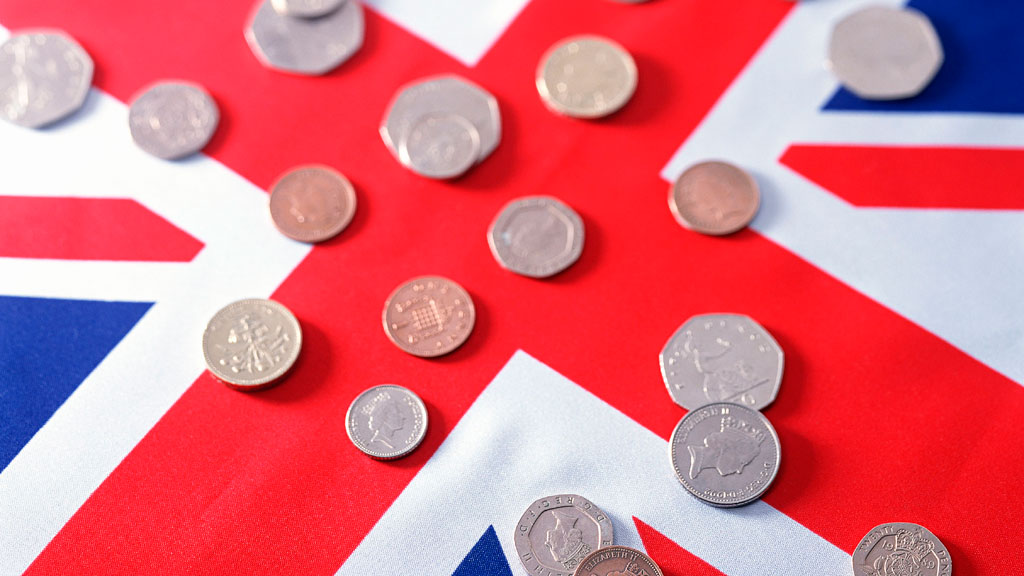MPs vote on controversial benefits bill
MPs will vote today on a bill that is designed to cut the link between benefit increases and inflation, with Labour opposing the government.

Until now, benefits have risen in line with the cost of living, but the coalition is determined that in future, increases will be kept at just 1 per cent – at a time people in work are enduring below-inflation pay rises.
Labour MPs are poised to vote against the government on the basis that as well as penalising the unemployed, the benefits uprating bill also hits working people receiving tax credits.
It is a politically risky move for Ed Miliband’s party, which is anxious not to be portrayed on the side of so-called “shirkers”.
The decision to vote against the cuts has been criticised by former home secretary Jacqui Smith, who says voters want to know how Labour would reduce the deficit.
But Mr Miliband said: “What we’re voting for is a fairer way forward … the idea that at a time when you’re cutting taxes for the richest in society, that you penalise the most vulnerable in society and those going out to work – those people doing the right thing, the strivers that Mr Cameron says he stands for – it doesn’t add up. It’s the wrong thing to do and the Labour party is taking absolutely the right decision.”
Research compiled by the Commons library for shadow equalities minister Yvette Cooper shows that 4.6 million women who receive child tax credit directly will be hit by a cap on welfare increases.
‘Poverty-producing’
The Child Poverty Action Group (CPAG) is warning that the government’s plans are a “poverty-producing” move that will hit the poorest.
Chancellor George Osborne announced last year that annual rises in most working-age benefits are to be capped at 1 per cent, cutting £3.7bn from the welfare bill.
But he said the most vulnerable would be protected as carer and disability benefits would continue to rise in line with inflation.
The government’s rationale is that is unfair that while working people’s incomes are being squeezed, benefits claimants are receiving inflation-proof yearly rises.
The CPAG estimates that the government’s plans amount to a 4 per cent real-terms cut in benefits over the next three years.
CPAG chief executive Alison Garnham said: “It’s wrong to punish the poorest and most disadvantaged in our society by cutting social security protection every time growth targets are missed while the better-off are protected.
“It really would be politics of the worst kind if, as reported, this Bill has been laid to create a political dividing line – we are talking about real lives, not political games.”
Yesterday, cuts to child benefit came into effect. People earning more than £60,000 a year will lose all of their child benefit, while those on more than £50,000 will lose a proportion of their monthly payments.
Like the changes to other benefits, the cuts are designed to help the government reduce the budget deficit.